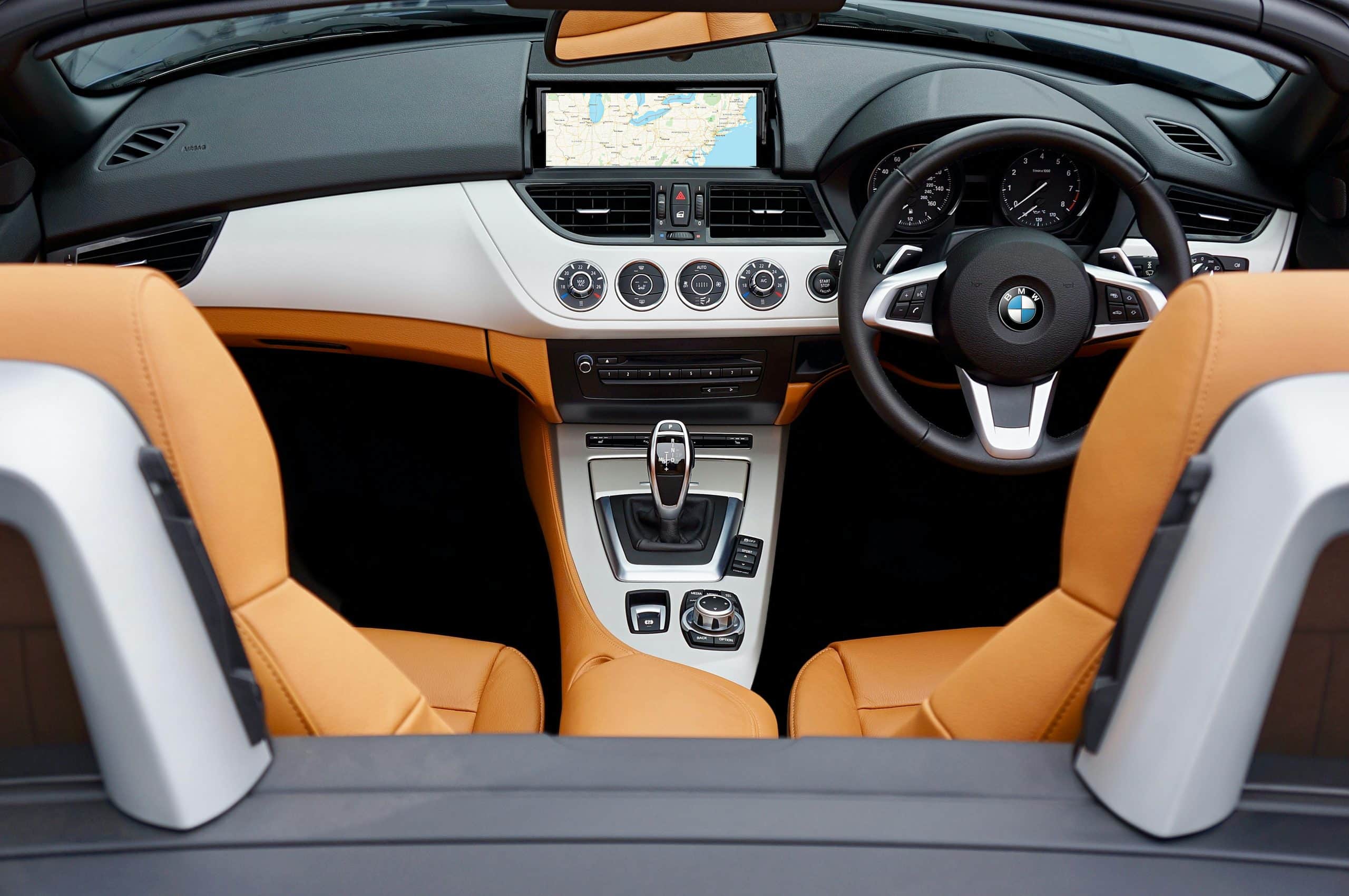Can Upgrading to a Dual-Clutch Transmission Improve Lap Times in a BMW Z4?

The BMW Z4 — a sleek roadster that has piqued the interest of many car enthusiasts and has found its spot in several garages across the globe. But when it comes to enhancing its performance, particularly its lap times, one query that often surfaces in various car forums and iTrader posts is: Can upgrading to a Dual-Clutch Transmission (DCT) improve the Z4’s lap times?
Understanding the Dual-Clutch Transmission (DCT)
Before delving into the main question, it’s crucial for you to grasp the functionality and features of a Dual-Clutch Transmission. After all, it’s the upgrade in question, so knowing what it brings to the table will better inform your decision.
Also to see : What’s the Best Way to Reduce the Unsprung Weight for Improved Handling in a Lotus Elise?
A DCT, as the name suggests, uses two separate clutches for odd and even gear sets. This design enables seamless shifting with virtually no interruption in power delivery, thereby enhancing the car’s overall performance. When compared with manual transmission, DCTs are usually equipped with a ‘sport’ mode to deliver greater speed and efficiency.
In the context of driving a BMW Z4 on a track, the DCT can offer superior control and responsiveness, which can be instrumental in shaving precious seconds off your lap time.
Also to discover : Can a Custom Wheel Alignment Catered to Aggressive Driving Improve Handling in a Subaru Impreza?
The BMW Z4: A Look at Its Stock Transmission
The BMW Z4, in its stock configuration, comes equipped with either a manual transmission or an 8-speed automatic transmission, depending on the model. While the manual transmission can offer a more immersive and hands-on driving experience, the automatic variant provides smoothness and convenience.
However, neither of these configurations is particularly geared towards achieving the fastest possible lap times on a track. The manual variant, while engaging, may not deliver the split-second gear changes that a DCT can, and the automatic version, while smooth, might not provide the optimal power delivery that a high-performance track situation demands.
Upgrading to a DCT: The Potential Benefits
An upgrade from a manual or automatic transmission to a DCT can indeed have a tangible impact on the BMW Z4’s track performance. The fact that a DCT can seamlessly shift gears without power interruption means that the car can maintain momentum more effectively through corners and straights, potentially resulting in faster lap times.
Moreover, the DCT’s ‘sport’ mode can allow for more aggressive gear changes, enabling the car to reach its peak performance more quickly. This feature can be particularly helpful on a track, where every second counts.
However, bear in mind that these improvements hinge on the driver’s ability to optimally utilize the DCT’s features. Merely upgrading to a DCT does not automatically guarantee improved lap times; it also requires understanding and adapting to the new transmission system.
Real-World Feedback from BMW Z4 Owners
To further corroborate the potential impact of a DCT upgrade on BMW Z4’s performance, let’s turn to real-world feedback from car enthusiasts and Z4 owners who have shared their experiences on iTrader threads and other car forums.
Numerous Z4 owners who made the switch to DCT reported improved responsiveness and speed. Some have even posted their before-and-after lap times to demonstrate the noticeable difference. However, it’s important to appreciate that these experiences are subjective and depend on various factors such as the driver’s skill level, the track’s conditions, and the specific Z4 model in question.
Importantly, some BMW Z4 owners have also raised concerns about the cost and complexity of a DCT upgrade, highlighting that it is not merely a plug-and-play modification. Therefore, if you’re considering this upgrade, bear in mind that it may require significant investment and professional installation.
To DCT or Not to DCT?
Based on the theoretical benefits and real-world feedback, it is plausible that upgrading your BMW Z4 to a DCT could indeed improve its lap times. However, it is not a guaranteed quick fix. It requires not only a substantial financial investment but also the skill and understanding to harness the new system’s potential. Moreover, your track’s conditions and your specific Z4 model can also influence the degree of improvement.
So, if you’re an enthusiastic track day participant, always chasing the clock and seeking to trim down your lap times, a DCT upgrade could be a worthwhile consideration. If, on the other hand, you primarily use your Z4 for everyday driving and occasional track days, the upgrade may not justify the cost and effort.
Remember, the joy of driving doesn’t solely stem from lap times. It’s also about your connection with the car, the thrill of the drive, and the joy of the journey. Whatever decision you make, ensure it enhances your driving experience and brings you greater enjoyment behind the wheel.
Examining the Costs and Complexities of a DCT Upgrade
After appreciating the potential benefits of a DCT upgrade, it’s essential to also confront its financial and technical implications. The price tag attached to this modification isn’t meager; in fact, it can be a substantial investment that could sway your decision.
A DCT upgrade involves purchasing the transmission system itself, which can be expensive. The costs can further escalate when you consider the professional installation necessary to ensure that the new system integrates seamlessly with your Z4. While some passionate car enthusiasts might have the skills to undertake this task, most Z4 owners would need to count on professional help.
Moreover, replacing a transmission isn’t as simple as swapping out a part. It’s a complex process that demands a deep understanding of the car’s inner workings. Your mechanic will need to disconnect the old transmission, install the new one, and make sure everything functions perfectly. This process could be time-consuming and may also necessitate additional modifications to your vehicle.
The complexity doesn’t end with the installation. DCTs, unlike traditional automatic or manual transmissions, operate differently and may require some getting used to. As a driver, you will need to adapt to the new system and learn how to utilize its features effectively.
The bottom line is, a DCT upgrade might entail significant investment and effort. Therefore, you should consider it thoroughly, considering all aspects, including your budget, your driving skills, and the frequency of your track days.
Conclusion: Balancing Performance and Practicality
The question of whether to upgrade your BMW Z4 to a Dual-Clutch Transmission isn’t straightforward. While it does have the potential to improve lap times, it also brings with it several complexities and costs.
From the seamless gear shifting to the ‘sport’ mode, a DCT offers several features that could enhance your performance on the track. Real-world feedback from Z4 owners who’ve made the switch corroborates this potential. However, it’s essential to remember that these benefits depend on numerous factors, including the driver’s ability to utilize the DCT effectively and the specific conditions of the track.
On the flip side, the DCT upgrade might not be the most practical modification for all Z4 owners. Its high costs, the complexity of installation, and the learning curve it presents could make it less appealing, especially to those who do not frequent the track often.
In conclusion, it’s crucial to strike a balance between performance and practicality. If you’re an avid track day participant, the benefits of a DCT could outweigh the costs. However, if the thrill of the drive and the joy of the journey matter more to you than a few saved seconds, then the upgrade may not be worth the effort.
Ultimately, the decision is yours, and it should align with your driving style, your budget, and your attachment to your BMW Z4. After all, as car enthusiasts, we understand that our connection with our vehicles extends beyond lap times – it’s also about the enjoyment and satisfaction derived from the driving experience.
